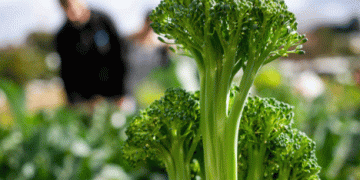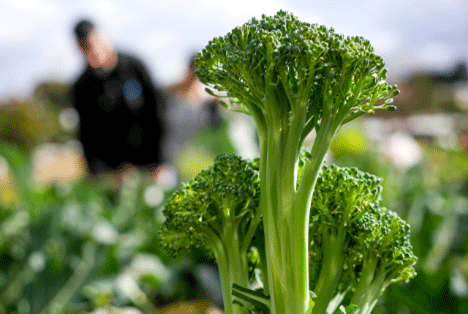The Spanish region of Murcia is making waves in the agricultural sector by exceeding the European Union’s Green Deal target for organic farming. With 30.7% of its agricultural land dedicated to organic practices, Murcia stands as a shining example of how regions can embrace sustainable farming while contributing to broader environmental goals.
Exceeding Expectations in Organic Agriculture
As of 2023, Murcia has achieved a remarkable milestone by dedicating 117,000 hectares to organic farming, surpassing the EU’s Green Deal objective of 25% organic land by 2030. This accomplishment has been recognized by various agricultural organizations, including CAERM (the Agricultural Council of the Region of Murcia). David Samper, the council’s president, proudly highlighted that Murcia is the autonomous community with the highest proportion of organic farmland relative to conventional agriculture.
The Goals Behind Organic Expansion
The expansion of organic farming in Murcia is not just about meeting quotas; it reflects a commitment to enhancing the sustainability of agricultural practices. The region aims to significantly boost the production and consumption of organic products, which is essential for achieving the EU’s Farm-to-Fork Strategy and Biodiversity Strategy. These strategies focus on reducing the use of fertilizers, pesticides, and antimicrobials, which are vital for protecting both the environment and public health.
A Structured Approach to Growth
To support the growth of the organic sector, Murcia has developed an Action Plan for Organic Farming, comprising 23 targeted measures structured around three key pillars:
- Increasing Consumption: Strategies are in place to raise consumer awareness and demand for organic products. This includes marketing campaigns and educational programs that emphasize the benefits of organic farming.
- Enhancing Production: The plan focuses on providing farmers with the necessary tools and resources to transition to and maintain organic practices. This involves training programs, financial incentives, and access to organic seeds and fertilizers.
- Sustainability Improvement: Continuous assessment and improvement of sustainable practices in organic farming are critical to ensure that growth does not come at the expense of environmental health.
The Importance of Tools for Success
The successful implementation of the Action Plan hinges on providing the right instruments for growth. The organic agriculture sector requires ongoing support in research, innovation, and policy-making to remain competitive and sustainable. The regional government is dedicated to ensuring that farmers have access to the latest technologies and practices that promote organic farming.
Murcia’s achievement in organic farming not only highlights its commitment to sustainability but also serves as a model for other regions aiming to align with the EU’s Green Deal goals. By exceeding the target of 25% organic farmland, Murcia is paving the way for a more sustainable agricultural future. The focused strategies in the Action Plan for Organic Farming demonstrate a comprehensive approach to enhancing the sector, showcasing the potential for growth and environmental stewardship in agriculture.































